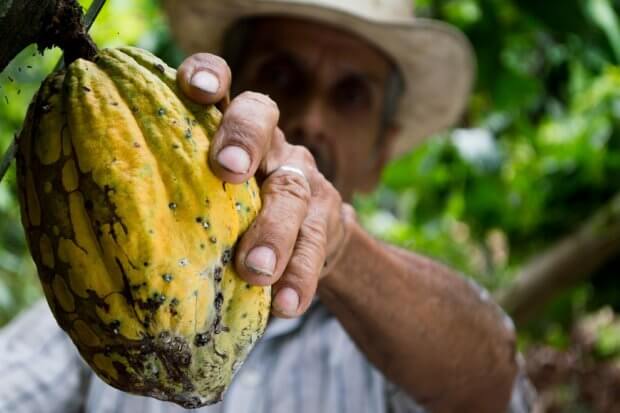
UN and EU presidency share the same priorities at UNEA-6
From 26 February to 1 March, the United Nations Environment Assembly (UNEA), the world’s highest-level decision-making body for environment, met in Nairobi, Kenya. This sixth session (UNEA-6) envisaged how multilateral actions can help tackle the triple crisis of climate change, biodiversity loss and pollution.
Taking the EU's ambitions to the international stage
The Belgian presidency coordinated the European position, both in the run-up to and during the meeting. In Nairobi, the presidency had the important responsibility of representing the EU during the negotiations, together with the European Commission. Its objective was be to effectively convey its environmental priorities and ambitions at the international level. The Belgian Federal Minister for the Environment represented the presidency of the Council of the EU.
An international governance system to tackle pressing challenges
UNEA is the governing body of the United Nations Environment Programme (UNEP), that brings together all 193 UN member states, as well as businesses, civil society and other stakeholders every two years at the UNEP headquarters in Nairobi, Kenya.
The Assembly sets the global environmental agenda, provides overarching policy guidance and fosters partnership to address the world’s most pressing environmental challenges. As the planet’s only universal membership forum for the environment, UNEA provides a unique platform for global environmental action.
The UNEA-6 objectives
This sixth session (UNEA-6) was held under the overarching theme “Effective, inclusive and sustainable multilateral actions to tackle climate change, biodiversity loss and pollution”. Member states discussed draft resolutions or decisions, which had been organised into different thematic clusters. During the negotiations, the Belgian presidency aimed to secure a number of EU-priority resolutions. These resolutions addressed environmental issues such as chemical pollution, and set out measures to strengthen water policies, ocean and seas governance, circular economy and cooperation at all levels of decision-making.
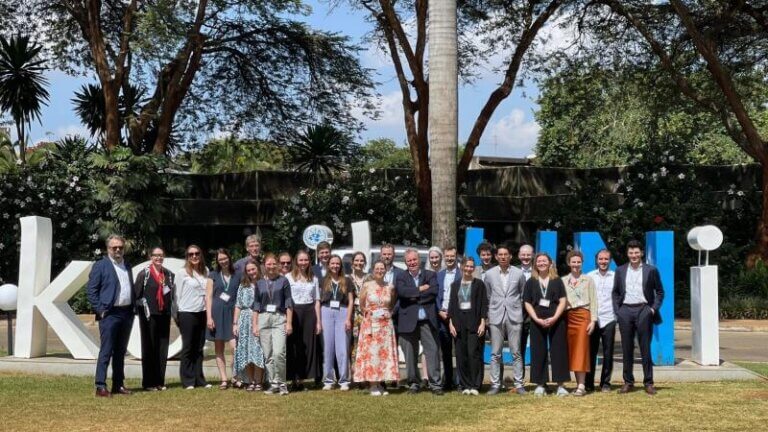
Cluster I: Pollution, Chemicals & Waste
Highly Hazardous Pesticides (HHPs) are recognized to cause the most harm both to human health and the environment, even though they constitute a relatively small share of all pesticides. The effective implementation of the Global Alliance on HHPs, which aims to develop and promote substitute solutions, is essential to achieve a global phase-out and to ensure the transition to more sustainable alternatives. The resolution on the Sound Management of Chemicals and Waste (SMCW) highlights the lack of progress in this sector. The Global Framework on Chemicals (GFC) is presented as one of the solutions. Its goal is to prevent or minimize harm from chemicals and waste by covering the whole life cycle of chemicals through a multi-stakeholder and multi-sectoral approach.
Cluster II: Nature solutions
This cluster focuses on the role of nature in combatting climate change, biodiversity loss and pollution. The EU has proposed two resolutions.
The first one concerns the implementation of effective and inclusive solutions to strengthen water policies for sustainable development (transboundary cooperation, global hydrological cycle, integrated water management, new Freshwater UNEP Strategy, the role of freshwater in climate change mitigation and adaptation, food and energy security, etc.).
The second resolution, presented jointly with Costa Rica, relates to strengthening the system of international governance of the oceans and seas (BBNJ agreement, legally binding instrument on plastic pollution, etc.).
Another resolution deals with strengthening international efforts to halt land degradation, restore degraded land and increase resistance to drought. Criteria, norms, standards and guidelines for the implementation of nature-based solutions to support sustainable development are also discussed in this cluster.
Cluster III: International environmental governance
The main objective of these proposals is to improve cooperation and synergies at all levels with a view to :
* to enhance implementation of international environmental decisions;
* to better addressing the interlinked global environmental crises;
* to strengthen support to developing countries that are particularly vulnerable to the adverse effects of climate change; and
* to support sustainable development.
Cluster IV: Root causes of climate change, nature & biodiversity loss and pollution
Circular economy is at the heart of several resolutions, in particular the EU proposal that wants to accelerate the uptake of circularity in problematic sectors such as textiles. Regarding minerals and metals, the resolution highlights their important role to the achievement of the UN 2030 Sustainable Development Agenda and the urgent need for actions to be taken across the full life cycle.
The aim is to reach sustainable consumption and production while still securing mineral supply. Sustainable lifestyle practices and systems-based approaches are also highlighted as means to enhance the circular economy transition in different sectors and to tackle climate change. Particular attention is also demanded for circularity and resilience in the sugar cane agroindustry.
The obtained results
After a series of difficult consultations, they endorsed a Ministerial Declaration. In addition, several resolutions were adopted, notably on ways to improve cooperation and ensure synergies in the practical implementation of environmental actions taken at all levels.
After intense negotiations, two resolutions proposed by the EU and its members states were eventually adopted. The first resolution concerns the implementation of effective and inclusive solutions for strengthening water policies to achieve sustainable development in the context of climate change, biodiversity loss and pollution. It builds on the outcomes of the 2023 UN Water Conference and mandates UNEP to play an active role in the preparation of future Water conferences.
The second one on strengthening ocean efforts to tackle the triple crisis was presented jointly with Costa Rica. It calls on Member States, UNEP, Regional Sea Conventions and action plans secretariats to act together for the protection and conservation of our marine and coastal environment. It also encourages the ratification as early as possible of the the recently adopted “Biodiversity Beyond National Jurisdiction” (BBNJ) agreement, and the development of a legally binding instrument on plastic pollution currently being negotiated during the INC sessions.
The EU had also put forward a proposal to accelerate the transition to circular economy, which did not obtain the necessary support. Because backtracking was not an option, the EU decided to withdraw its resolution proposal but made clear that transforming the linear economy into a circular one will continue to be brought up front. The EU was also pleased to see that the concept of circularity was included in the resolution related to the sugar cane sector and the adoption of a resolution on sustainable lifestyles.
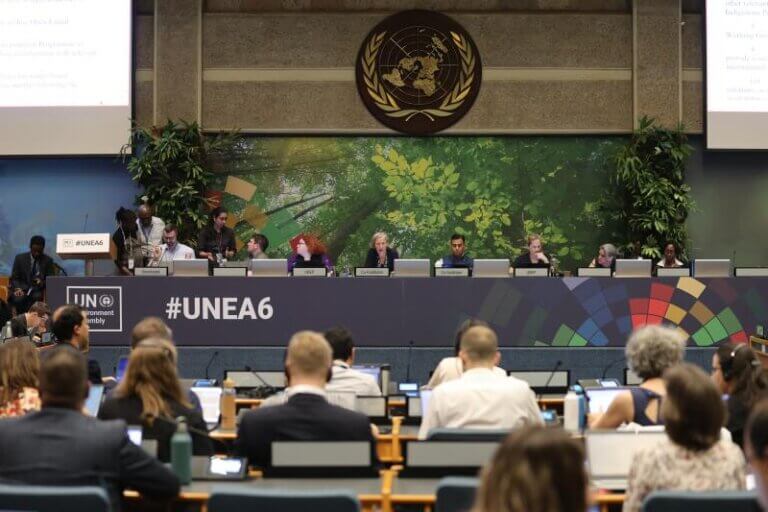
UNEA-6 also led to several achievements. To name a few:
* Increasing resource use is considered to be the main driver of the triple planetary crisis. This challenge requires the implementation of far-reaching and systemic shifts at an unprecedented scale and speed. The Global Resource Outlook 2024 was presented to provide governments with an integrated decision-making tool for achieving the Sustainable Development Goals (SDGs) and those set out in international agreements.
* For the first time, UNEP organised a full day dialogue with the secretariats of the main multilateral environmental agreements (MEAs), with a view to improving their complementarity in their efforts to combat climate change, biodiversity loss and pollution.
* The need to accelerate the implementation of the Global Framework on Chemicals was emphasized in the Ministerial Declaration. The GFC aims to prevent or reduce the damage caused by chemicals and waste by covering all their life cycle through a multi-stakeholder and multi-sectoral approach.
At the end, the Federal Minister for Climate, Environment, Sustainable Development and Green Deal was appointed vice-president for the upcoming assembly UNEA-7 of December 2025, upholding that decision as follows:
Actus Associés
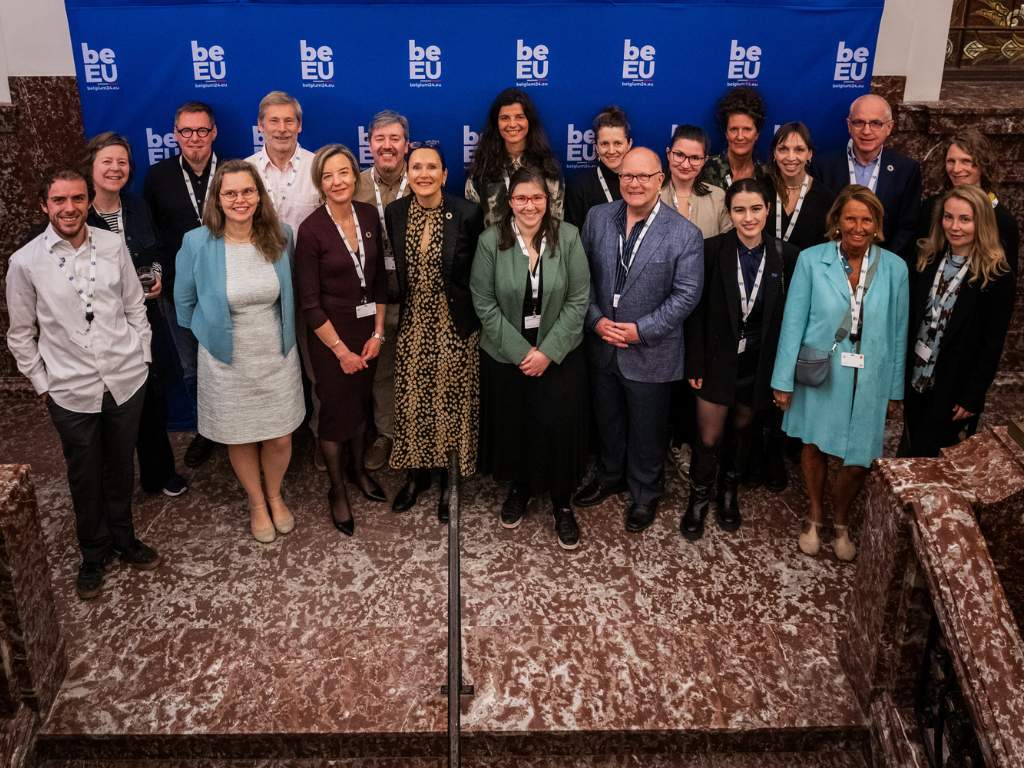
Giving back to nature more than we take away
As part of the Belgian Presidency of the Council of the European Union, the Federal Public Service for Public Health, Food Chain Safety and the Environment organized a High-Level event on the crucial role of nature and biodiversity in building a sustainable future. Entitled “Regenerative development for transformative change”, the event, which took place in Brussels on April 11, was built around a central message: “Giving back to nature more than we take away”.
See more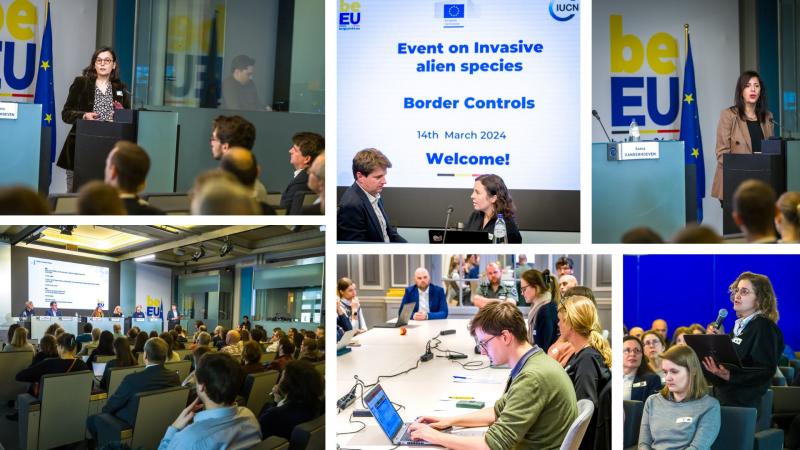
Enhancing collaboration at European Union borders
Officers from customs, animal and plant health authorities, and environmental authorities convened in Brussels on 14 March for an event focusing on improving border controls for Invasive Alien Species. Effective border controls are a key element in preventing their introduction into the European Union. This event was jointly organised by the Belgian presidency of the Council of the European Union, the European Commission, and the International Union for Conservation of Nature (IUCN).
See more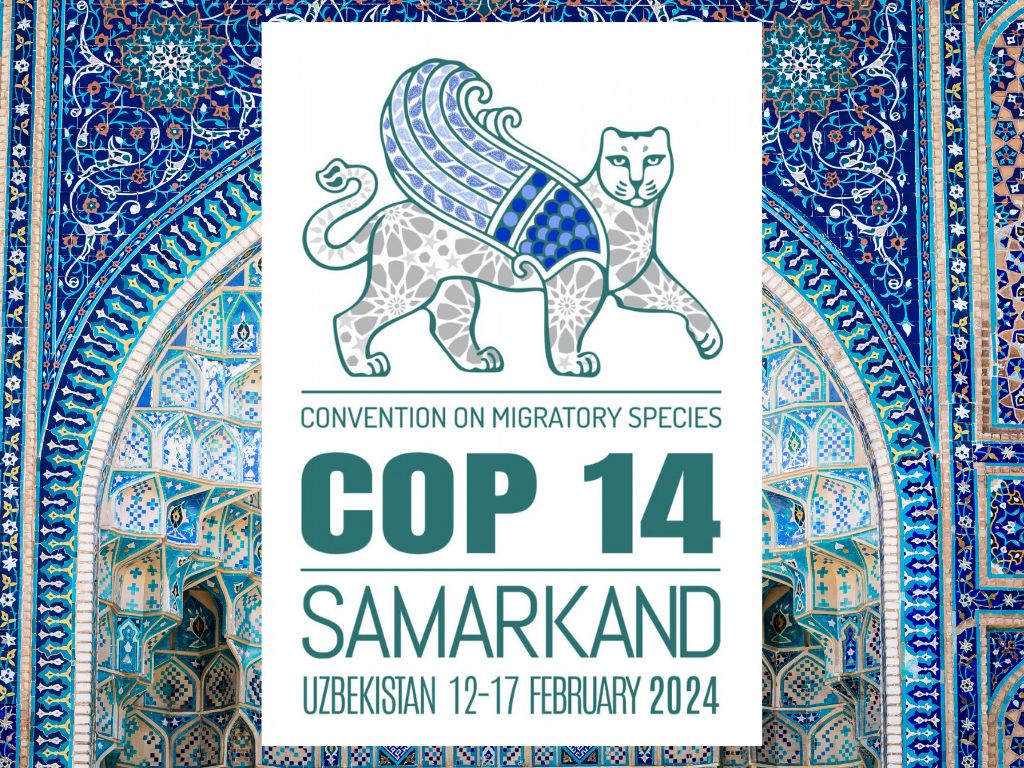
The EU’s ambitions in Samarkand op de COP14 CMS
From 12 to 17 February, the 14th meeting of the Conference of the Parties to the Convention on the Conservation of Migratory Species of Wild Animals (CMS COP14) was held in Samarkand, Uzbekistan. At this conference, the Belgian Presidency had an important role to play: to shape the discussions on behalf of the EU to promote the implementation of the CMS and give concrete form to the historic agreement in favour of biodiversity, reached in December 2022 during the 15th COP to the Convention on Biological diversity (CBD COP15).
See more

